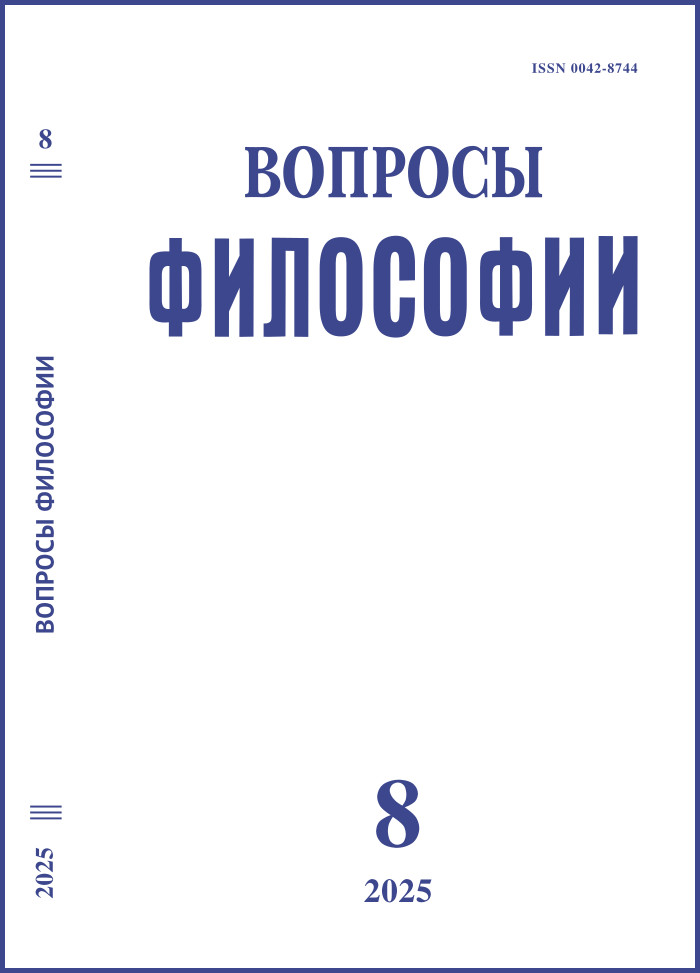Wang Chong and Pliny the Elder on the Mortality of Consciousness
DOI:
https://doi.org/10.21146/0042-8744-2025-8-194-201Keywords:
Wang Chong, Pliny the Elder, thanatology, souls of the deceased, comparative studies, metempsychosisAbstract
Contemporaries Wang Chong (27? – after 97) and Pliny the Elder (22 or 24 – 79) sum up several centuries of thinking about what happens to consciousness after death. They approach the question from broadly similar perspectives. Both Wang Chong and Pliny believed that human consciousness ceases at the moment of death. In both cases, the background to the discussion was the belief in the possibility of posthumous activity of the souls of the deceased, as well as the ancestor worship practised in both the Roman and Han empires. In support of their views, Wang Chong and Pliny use two strikingly similar arguments: first, they point out that somehow no one talks about the preservation of consciousness in animals, which are not fundamentally different from humans; then they assert that after death a person inevitably returns to the pre-genital state, and to think otherwise would be quite illogical. Wang Chong’s main target is the widespread belief in the presumably harmful actions of the souls of the deceased, while Pliny’s main objection is to the hope of continuing to exist after the body has ceased to exist. This hope, as he believes, unduly prevents a calm and serene expectation of death.

